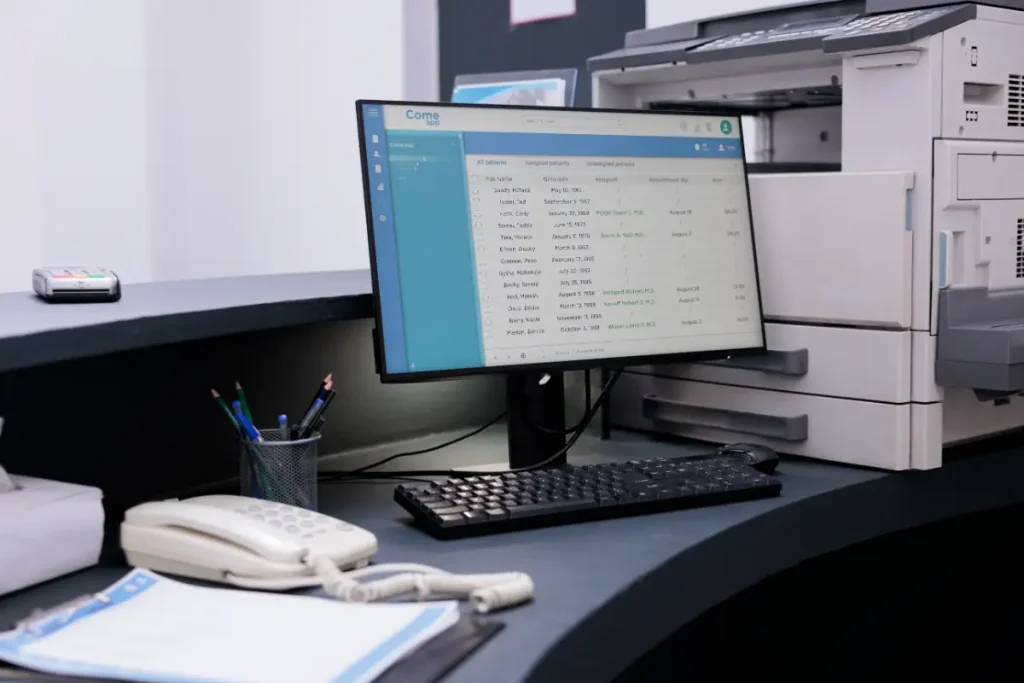Servers & Workstations Support
What is server and workstation support?
Your servers and workstations are the way you access your patient’s data and perform everyday operations for the clinic. Servers hold data, run virtual machines, and are the backbone of your operation. We skillfully operate your servers to ensure they are working and reliable. The same is true of the workstations. However, these serve as more of the access point to information, which makes it even more important that they run smoothly.

How can you help me with my servers and workstations?

We provide an end-to-end service, setting up your servers and workstations so that you can focus on helping your customer. In addition, in the event of any issue, we provide both onsite and virtual support to help resolve the problem as soon as possible. Equipment management is an important part of what we do, so we make sure the servers and machines on site are running optimally.
Let’s Work Together
Whether you just need a nudge in the right direction or a full range of services to get your practice running smoothly, we’re here to help. Book your discovery call today!
FAQs
Do I really need a dedicated server for my clinic?
If you have multiple users, shared files, EHR systems, or large amounts of data, a dedicated server gives you central control, better performance, and security. It allows you to manage access to sensitive information, do regular backups, and support scalable software applications. For small practices with minimal IT needs, cloud-based solutions may be enough, but a physical or virtual server is often necessary for clinics that want to grow, be data compliant (like HIPAA), and have uptime.
How do I keep my workstations secure and running?
Regular maintenance is key to keeping workstations secure and running. This means installing updates and security patches, running virus scans, clearing out unnecessary files, and monitoring system performance. Access should be limited to authorized users and each workstation should have strong passwords, firewall protection, and secure login protocols. Partnering with MHMC means proactive monitoring and fast troubleshooting if issues arise.
What if my server or workstation crashes during patient hours?
If your server or workstation crashes during clinic hours it can disrupt scheduling, documentation, and billing – all of which is part of patient care. That’s why you need a disaster recovery plan. This should include automated backups, redundant systems, and our quick response IT support. Cloud based systems with offline capabilities or remote access tools can give you temporary access to your data, minimizing downtime and keeping your practice running while the issue is resolved.
